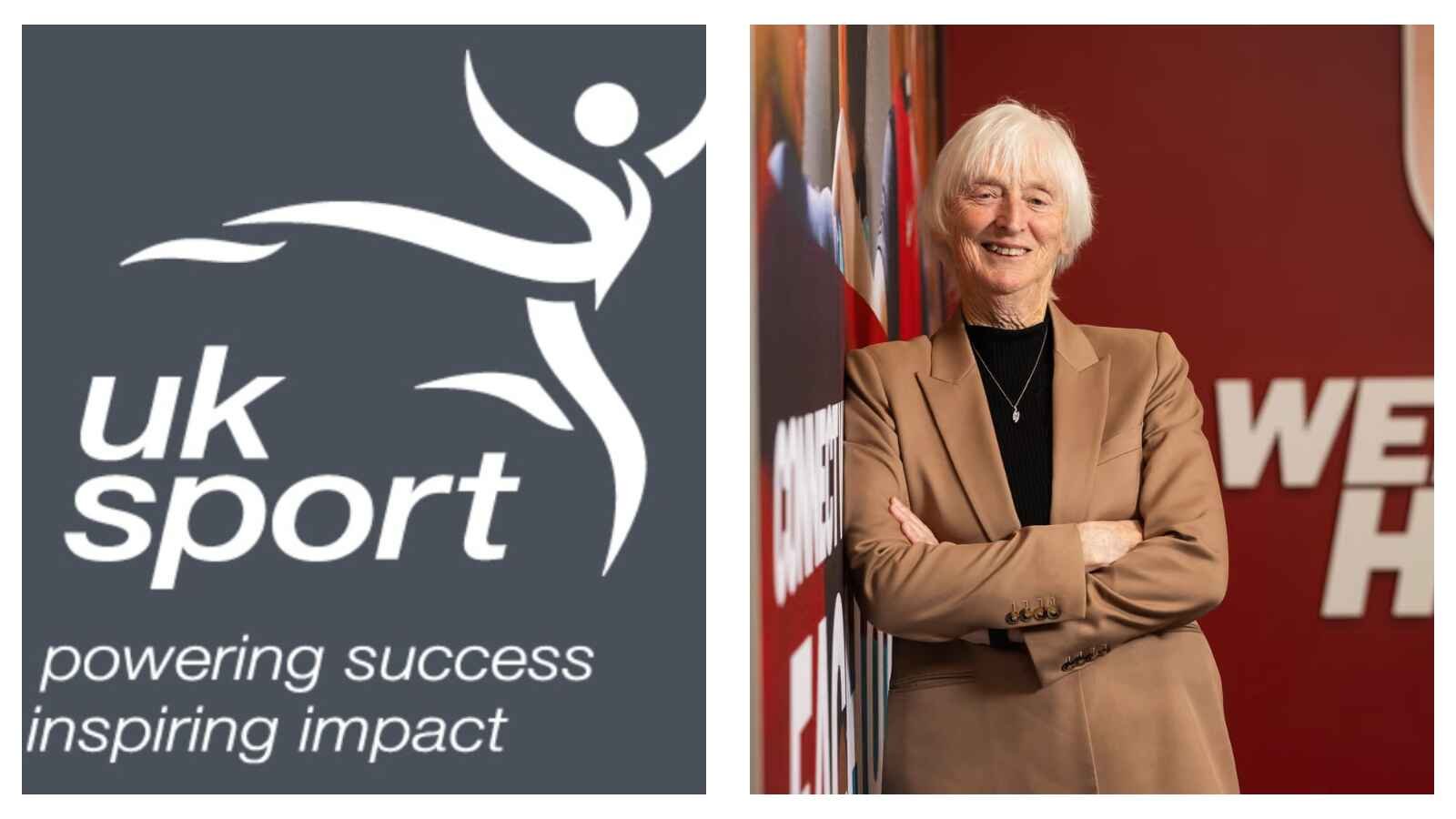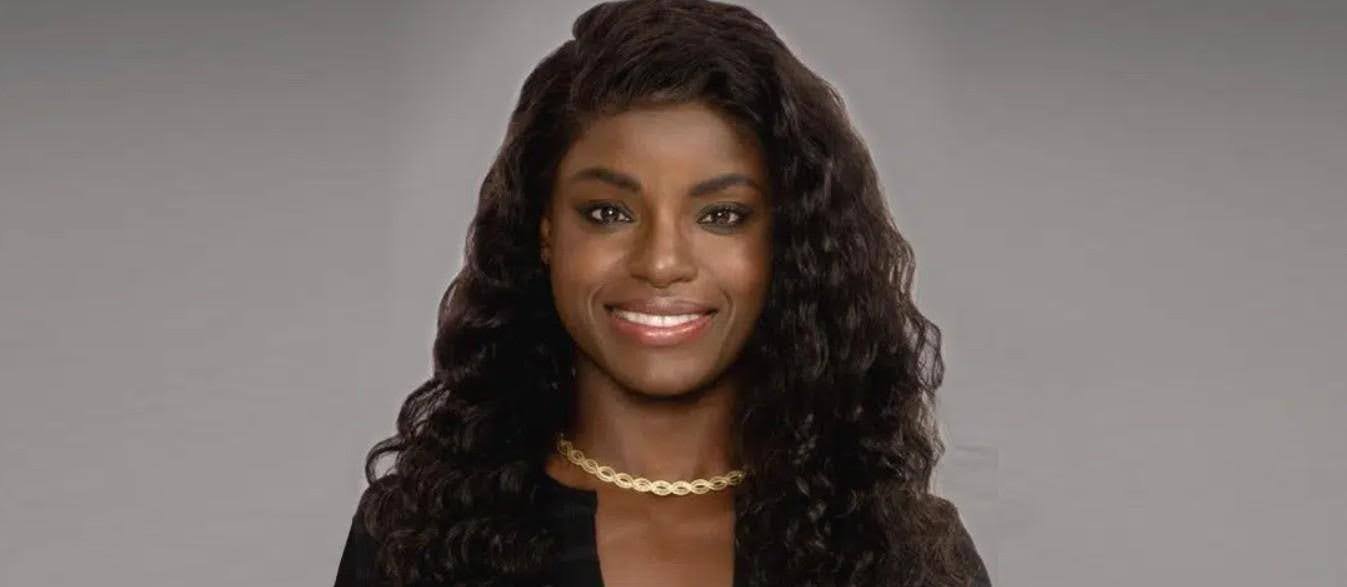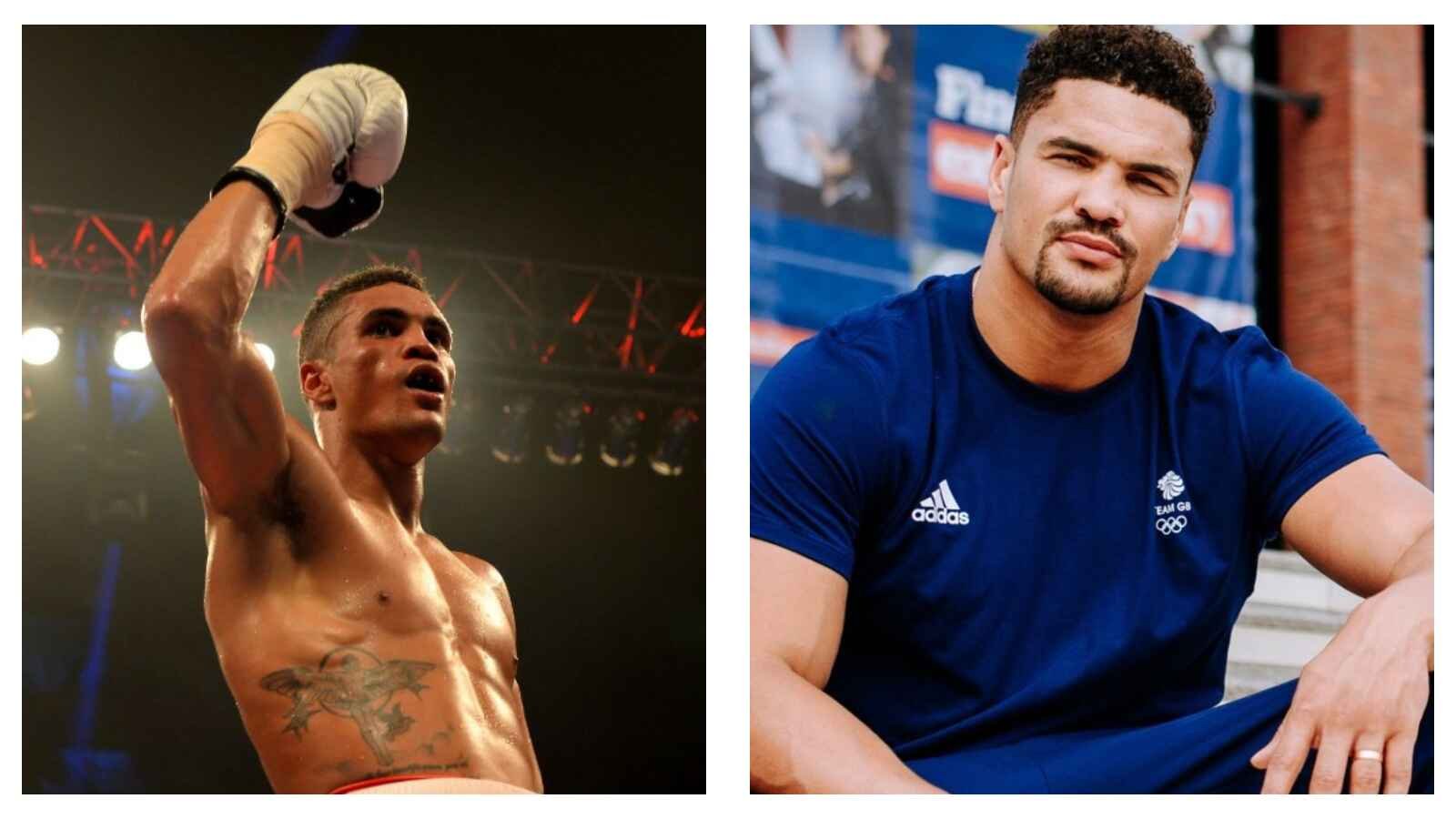Baroness Sue Campbell on how elite sport can shape and inspire a new era of business leadership
Baroness Sue Campbell is one of the UK’s most respected inspirational and leadership speakers, known for her remarkable career shaping the future of British sport. From Chair of UK Sport to Director of Women’s Football at the FA, her influence has transformed both elite performance and grassroots access.
Her visionary leadership helped secure Olympic and Paralympic success for Team GB and advance equality in sport through development, governance, and inclusion initiatives. Sue’s impact has earned her a DBE, a CBE, and a place in the House of Lords.
In this exclusive interview with The Champions Speakers Agency, Sue shares powerful insights on building winning teams, supporting the next generation of leaders, and what business can learn from high-performance sport.
Q: The world of sports is constantly evolving. What trends do you see shaping the future of sports?
Sue Campbell: “Well, AI will have an impact. It’ll have an impact on the whole of society but certainly it’ll have an impact on the way we analyse sport. You think of match analysis, and you think of the AI opportunities to give you instant feedback, instant analysis, rather than depending on a human being doing that kind of analysis.
“So, there’s all sorts of areas in science and medicine. I think the most important thing in sport is not to think the answers lie only in sport. We can be very insular and sometimes even insular sport by sport.
“In other words, we think we’re the best and therefore we’ve nothing to learn from other people. Well, my view is we’ve always got something to learn from other people. I think it’s really, really important that we keep our minds open, look outside our own business, and search out new answers.
“I don’t know what the future holds. I do think women’s sport is on the rise and I do think we will see in the next 10 to 20 years a massive shift in the visibility, focus, and possibilities of women to play professional sport. I hope that will be true.
“I think the challenges of elite sport will get more and more about who’s got the best science, not necessarily who’s got the greatest athletes. So, I think those people working in sports science, sports medicine, technology development – you only have to look at Formula One to see that every year there’s hundreds of technicians trying to find a cutting edge, trying to find a way to make the car go faster.
“Well, that’s going to be true in all of sport. How do we get the boat to go faster, the car to go faster, the human being to go faster? How do we help human beings manage those highs and lows and those moments of anxiety and those moments of stress?
“I think there’s still much we don’t know about the psychology of sport, and I certainly think that will be more dominant in the future. So, for me, it’s keeping your mind open and looking at the horizon of possibility.”
READ MORE: Eniola Aluko: From WSL glory with Chelsea to powerful advocate for change
Q: What lessons from elite sports can business leaders apply to create winning teams?
SC: “I think every business is unique and every company is run in a different way, so you can’t sort of lift up things. But I think first of all, your leadership team is key.
“That doesn’t mean your leader, it means the team, so making sure as a leader you’ve got the best people around you. One of my strengths has been that I know what my weaknesses are, and I’ve always been able to find people who are better at things than me around me.
“So, if you look at the work I did at the Youth Sport Trust, the National Coaching Foundation, UK Sport, football – you’ll see the first thing I did was build a strong team of senior people who were experts in areas I wasn’t an expert in.
“I know what I’m good at: vision. I know what I can do. I know what I’m not good at: detail. And so, I need people around me who can complement all of that. So, building a good leadership team, creating a clear mission, a clear vision, a clear goal – that isn’t just shared by the leadership team but is shared by everybody who works in the company.
“And I include in that the reception people or even the people who come in and clean your building. Everyone needs to know what you’re about. Everyone needs to belong. Everyone needs to feel valued. That one team–one mission mindset I believe galvanises people to want to be part of something and get involved in it and drive it.
“I think the other thing is this bit in sport that David Brailsford from cycling called ‘marginal gains’ – looking around your business and finding those small wins which add up to a big change in behaviour. So, simple things like when I first went into UK Sport, recognising we had 27 committees.
“When I looked into it, most of those committees reported up to boards. Boards didn’t like what they did and sent the stuff back again. So, in a way what we were doing was we were creating this cycle of meetings and meetings and meetings.
“So, I got rid of all the committees and I remember somebody coming to my door with their eyes sticking out and saying, ‘But what happens if we get this wrong?’, and I said, ‘We’ll just sack you’. I’m only joking – I wouldn’t sack someone.
“But I said, ‘that’s what you’re here for – work to the board – and if you need to set up a task and finish group, set up a task and finish group, but do not create ‘meeting-itis’’. In all businesses, and the bigger your business the more there’s ‘meeting-itis’.
“You’ve got to have real rigour about how long a meeting is, what its purpose is, and on occasion to have meetings that have no agenda. I remember the first meeting I held at the Football Association with my senior team.
“They all came in and I could hear them calling away and they said, ‘You’ve got the agenda’, ‘No, I’ve got the agenda here’. I said, ‘No, that’s because there isn’t one’. And they looked at me and said, ‘What?’.
“I said, ‘There is no agenda. We’re just going to talk. I’m going to throw an idea in the middle of the table, and I want you all to share your thinking about it’. I think sometimes in business we get so busy doing what I call transactional and operational stuff.
“We forget to do the creative, imagining, thinking stuff and that balance between absolutely getting the business to run effectively and equally imagining what could be. And helping everybody within the business to feel they have a right to speak up and say, ‘Do you know, I think there’s a better way to do this’.
“So, I think sport has – I won’t say a lot to teach business because that’s just a ridiculous thing to say – but there are lots of ways that you have to work in sport to achieve excellence.”
YOU MAY ALSO LIKE: ‘You can be anything’: Olympian Anthony Ogogo’s moving journey from boxer to motivational speaker
Q: Based on your experience, how can business leaders foster a culture of mentorship and support for the next generation of talent?
SC: “I always say that young people – or people coming into a business, not necessarily young – entering a business for the first time need what I call ‘roots to grow and wings to fly’. In other words, they need lots of reassurance.
“Roots in my mind is building a sense of trust, a feeling that it’s okay, that I’m safe. It doesn’t mean I’m perfect but I’m safe, I’m understood, someone cares about me. Actually, ask me questions about my family and what’s going on with my kids. That stuff matters to people because that gives them a sense of belonging and it gives them a sense of being valued, both of which are vitally important.
“But young talent also needs wings. In other words, I think the danger sometimes is we think when new people come into the business, we need to tell them what to do. One of the things I think is the most important is to use questions to find out how they’re thinking, what they could do.
“They might even bring you some new ideas. They might be starting in the business early, but it doesn’t mean they haven’t got creativity and good imagination and can bring ideas to the party. So, I think mentoring is really important.
“I think making people feel that they’re valued and belong and letting them have a go at things. You might say, ‘Well I haven’t got time in my business to let people get things wrong’.
“But that’s how people learn to make good decisions. If you never make a decision, if someone keeps making the decisions for you, how on earth are you going to ever make good decisions? You have to learn to make decisions.
“You have to learn to weigh things up and sometimes you get them wrong; sometimes you get them right. But it’s only by doing that you really learn. So, I think those would be my big tips – use lots of questions, provide real stability with good roots, and then let people fly a bit.
“Let them have a go at things and give them a chance to get things wrong as well as right.”
This exclusive interview with Baroness Sue Campbell was conducted by Chris Tompkins of The Motivational Speakers Agency.
READ NEXT: Breaking barriers: British rower Helen Glover’s journey from Olympic gold to parenthood and back



